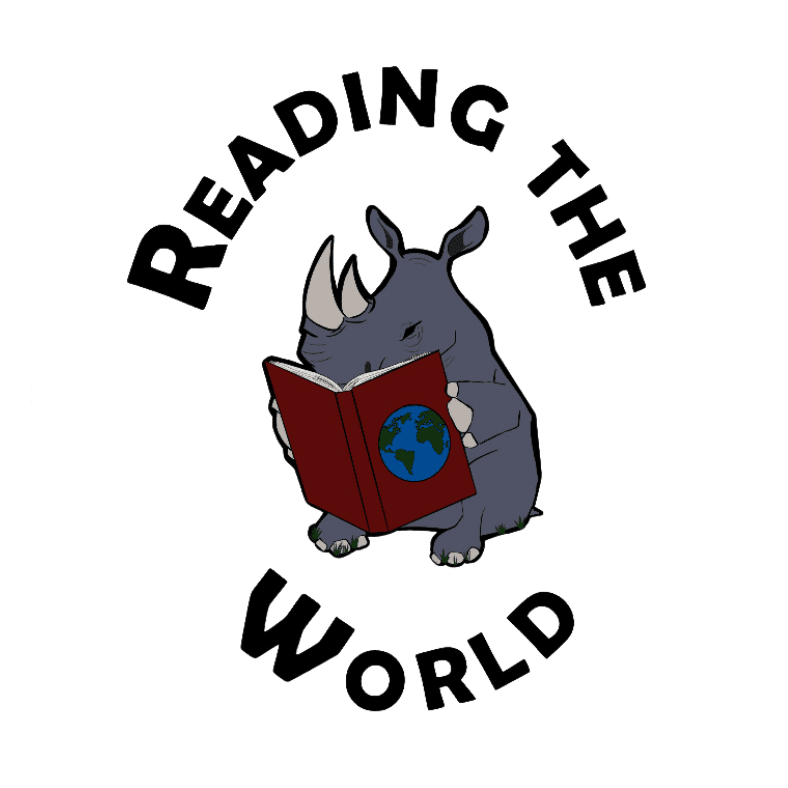What is a School Desert?

Reading the World is a nonprofit organization dedicated to providing educational support to kids living in school deserts, places where they have limited or no access to school. School deserts are numerous across Africa, where centuries of colonial oppression suffocated social, economic, political and educational progress. Ninety-eight million children between the ages of six and eighteen do not attend school in sub-Saharan Africa. And the number is growing.
These school deserts appear in multiple forms. Extreme poverty, climate change, and violent conflict (35 armed conflicts across the continent) are primary factors. But even among nations with stable societies and government-sponsored education programming, school deserts persist. In rural communities with no local schools, kids either travel long distances or learn from community elders in schools under trees, figuratively and literally. And these deserts can be downright dangerous. In January, 2023, eight children perished canoeing across Volta Lake in Ghana attempting to reach school on the other side. Nine more drowned in a fishing village returning from school in September of the same year.
School deserts also exist in areas where schools are plentiful. Reading the World studied one area of the capital city of Accra, Ghana, and found 47% of children between 6 and 18 could not attend school because of poverty. Despite government promises of a free education for all, it is not yet free. Public schools must charge entrance fees and ancillary spending for supplies (tuition, uniforms, books, a desk, water…) to keep their doors open. In multiple schools we studied in Kenya, students pay a 9,000 KSh (about $70) admission fee to attend, which offsets school operations and supplies. Lunch, if offered, comes at a price. It is not uncommon for a family with multiple children to rotate or select among their children who goes to school, if at all. Girls suffer the consequences the most, often kept home according to cultural attitudes or to support domestic chores like retrieving water.
The case for free education is settled. But getting there is a challenge for nations beset with armed conflict, severe poverty, minimal infrastructure, and climate crises. Let’s not forget that much of the continent is only recently liberated from forced servitude and oppression of colonial powers. Many national governments have developed solid plans and are beginning to make progress. But the kids cannot wait. If it takes five, ten, or twenty years, that's millions of students who never had a chance. We in the industrialized world have a responsibility and moral imperative to help.
One way to help is providing financial support to a project Reading the World is engaged in. You can select the project—just send us an email indicating where you want your money to go, and we will direct it there—or you allow us to channel your funds to the places needed most. Either way, you will be helping hundreds, a dozen, or even just one kid learn to read and write.
Contact Us
Connect with Us!
If you have questions about our organization or ideas about how to help, drop us a line.
